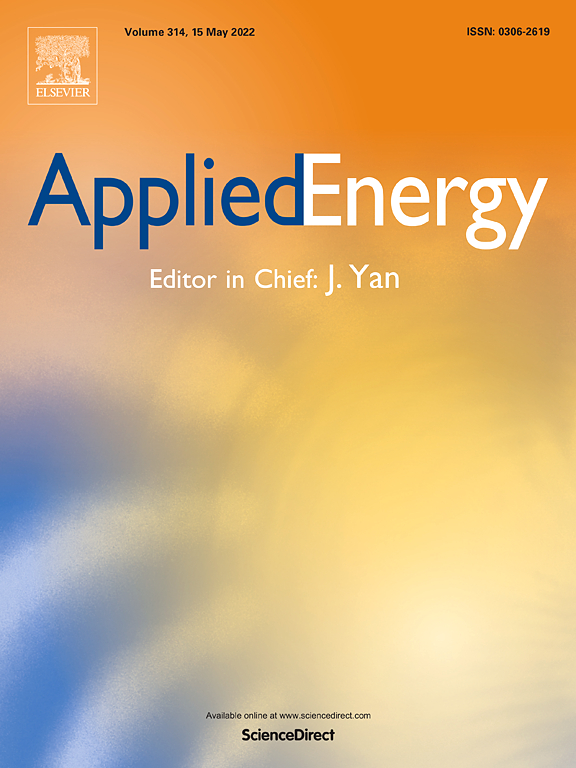Knowledge Hub
Electric Vehicle Charging Strategies for Urban Freight Transport: Concept and Typology
2022
Author(s): Teoh T
Charging services play an important role in encouraging the electric freight vehicle (EFV) market growth. It is crucial to understand charging strategies and their influence on charging behavior in deploying charging services.
From Bike to Electric Bike Level-of-Service
2022
Author(s): Kazemzadeh K, Ronchi E
In this paper, the authors use bike LOS (BLOS) studies as a foundation to identify the knowledge gap for ELOS. Along with BLOS, e-bike riding comfort and the distinction between bikes and e-bikes characteristics were scrutinised.
E-Mobility in Positive Energy Districts
2022
Author(s): Castillo-Calzadilla T, Alonso-Vicario A, Borges CE, Martin C
This paper offers a comprehensive analysis of the impact of e-mobility in a PED, simulated using MATLAB-Simulink software. The PED, a small district in northern Spain, is assessed in five scenarios representing varying requirements in terms of energy efficiency of buildings, type of street lighting, and number of EVs.

Prospective Life-Cycle Assessment of Greenhouse Gas Emissions of Electricity-Based Mobility Options
2022
Author(s): Rüdisüli M, Bach C, Bauer C, Beloin-Saint-Pierre D, Elber U, Georges G, Limpach R, Pareschi G, Kannan R, Teske SL
Electricity-based mobility (EBM) refers to vehicles that use electricity as their primary energy source either directly such as Battery Electric Vehicles (BEV) or indirectly such as hydrogen (H2) driven Fuel Cell Electric Vehicles (FCEV) or Synthetic Natural Gas Vehicles (SNG-V).
Market Analysis of the New Two-Wheeler Fleet in India for Fiscal Year 2020–21
2021
Author(s): Anup S
This study summarizes the characteristics of the new two-wheeler market in India using data about models sold in FY 2019–20 and FY 2020–21, and it is an update of a prior study of the new two-wheeler fleet in FY 2017–18.
Cost Comparison of Battery Swapping, Point Charging, and ICE Two-Wheelers In India
2021
Author(s): Dash N, Bandivadekar A
This paper evaluates if electric two-wheelers in India with the battery-swapping option have achieved cost parity relative to electric two-wheelers with the point charging option and with conventional gasoline two-wheelers.
The European Commission plans to use real-world data from on-board fuel and energy consumption monitoring (OBFCM) devices to monitor the gap between official fuel consumption values and those observed during real-world driving. For obtaining reliable real-world data, it is necessary that OBFCM data be accurate.
Emissions Reduction Benefits of a Faster, Global Transition to Zero-Emission Vehicles
2022
Author(s): Sen A, Miller J
The members of the Zero Emission Vehicles Transition Council (ZEVTC) are committed to accelerating a global transition to ZEVs.
How Electric Ride-Hailing can Support Massachusetts’ 100% Electric Vehicle Goals
2022
Author(s): Slowik P
This working paper analyzes the anticipated timing and conditions for cost-effectively electrifying ride-hailing vehicles in Massachusetts. The analysis finds that electric vehicles can become the most cost-effective technology for ride-hailing drivers in Massachusetts in 2023–2025.
Decarbonising Transport in India: Learning from Life Cycle Assessment
2021
Author(s): International Transport Forum (ITF)
This publication presents a summary of the workshop “Life cycle assessment methods to support India’s efforts to decarbonise transport” organised by the International Transport Forum and the National Institute for Transforming India (NITI Aayog) in April 2021.



